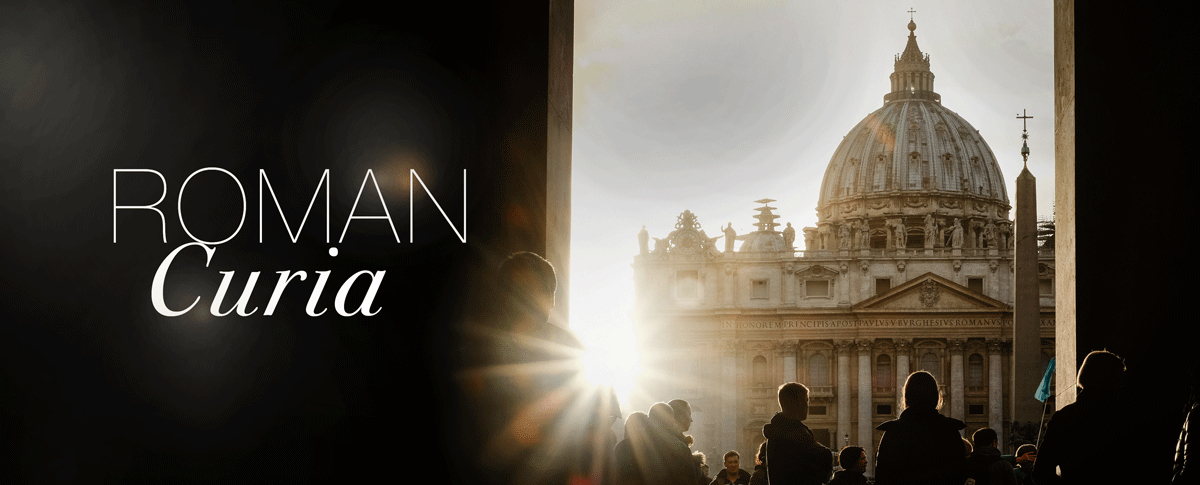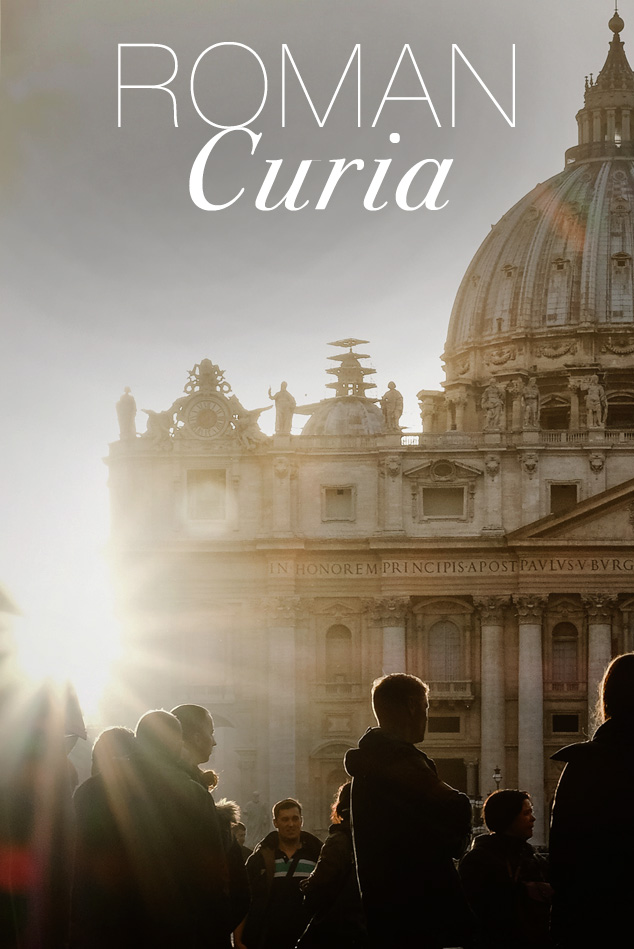Chancellary Director: Bishop Marcelo Sánchez Sorondo
The precursor to the actual Pontifical Academy of Sciences was the Linceorum Academia, which was founded in Rome in 1603 and which, after some vicissitudes, was named Pontificia Academia dei Nuovi Lincei by Pius IX in 1847. It was enlarged by Leo XIII in 1887, and in 1936 it received its current name from Pius XI. Currently it is the only academy of sciences of a supranational character which exists in the world. It has as its scope: to pay honor to pure science, wherever it is found, and to assure its freedom and to promote its research, which constitute the indispensable basis for progress in science. This academy is directly responsible to the Holy Father. It is composed of 80 academicians who are named by the pope. The academic body selects names, without discriminating in any way, among the most illustrious devotees of mathematical and experimental sciences of every country, and then proposes them to the pope. Added to these 80 academicians are the “perdurante munere” academicians, chosen by reason of their office, and honorary academicians, by reason of their merits towards the academy.
Chancellary Director: Bishop Marcelo Sánchez Sorondo
The Pontifical Academy of Social Sciences was founded by John Paul II in January 1994, with the Motu Proprio Socialum Scientiarum. Its objective, says Article 1 of its statutes, is “to promote the study and progress of social, economic, political and juridical sciences in the light of the social doctrine of the Church.” The academy is autonomous and at the same time, maintains a very close relationship with the Pontifical Council for Justice and Peace, with which it coordinates the planning of various initiatives. Its academicians are also named by the pope and their number cannot be fewer than 20, nor more than 40. Currently there are 31 members who come from 24 countries throughout the world, without distinction to religious denomination, and who are chosen for their high level of competency in some of the diverse social disciplines.
Vice-President: Bishop Jean Laffitte
With his Motu Proprio Vitae Mysterium of February 11, 1994, John Paul II instituted the Pontifical Academy for Life. Its objectives are the study, information and formation on the principal problems of biomedicine and of law, relative to the promotion and defense of life, above all in the direct relation that they have with Christian morality and the directives of the Church’s Magisterium. To achieve these objectives, the Vitae Mysterium Foundation was instituted in October 1994. The academy for life is autonomous and is linked to the Pontifical Council for Pastoral Assistance to Health Care Workers and various other dicasteries of the Roman Curia committed to the service of life. Seventy members named by the pope, who represent different branches of biomedical sciences and those which are closely linked with problems concerning the promotion and defense of life, belong to the academy.

